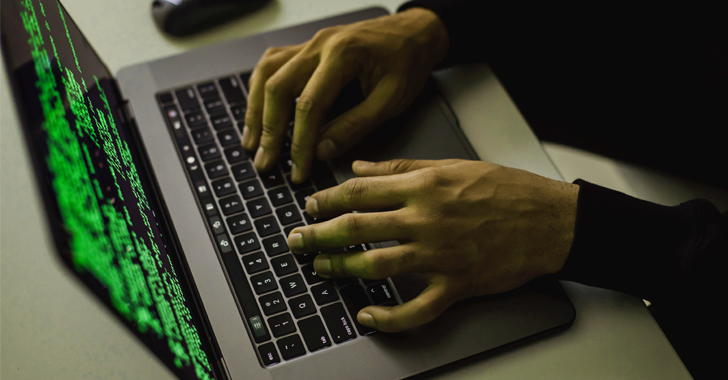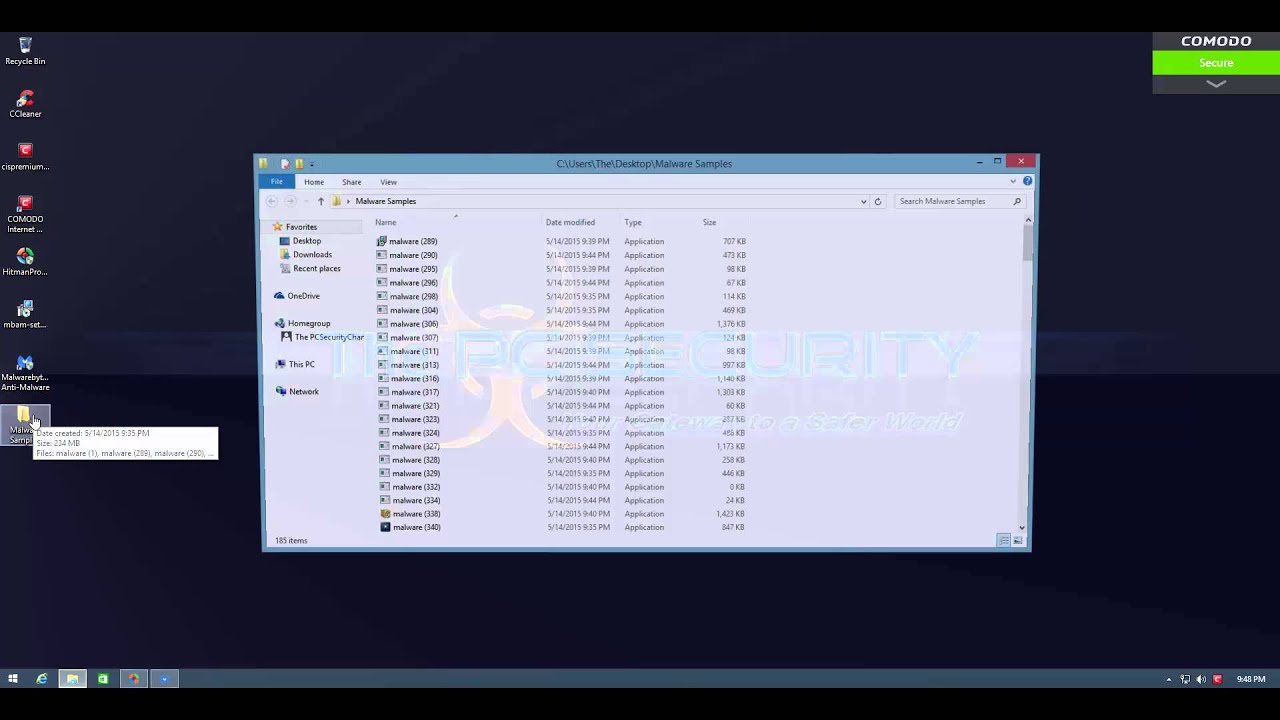Protect Your Ad From Holiday Hackers With Better Password Hygiene
Criminal hackers look eagerly toward the holidays because it’s a time for vacations, general absences, and fewer eyes on the organization’s passwords. There is a 30% increase in the average number of ransomware attacks over the holiday period compared to the monthly average. Get ahead of hackers’ plans this season and throughout the new year with an updated password hygiene protocol.
8 ways to improve password hygiene now
1. Reject weak and easily guessed passwords
Criminal hackers guess passwords using employees’ personal data on social media. Hackers notice when Sue, the database admin, shares frequent pics and videos of her favorite nephew, Kevin. They will try likely password variations such as Kev123, Kev456, and Kevin1! to log in to her account.
Employees create passwords using the first words, numbers, and special characters that come to mind. Cybercriminals use dictionary lists, lists of weak, typical, and stolen credentials, and clues from social media to guess their login data. Rules that reject these passwords by default give the organization an edge over hackers.
2. Require long, more complex passwords
When the organization removes a weak password, it must replace it with a stronger one. The longer the password, the stronger it is, and the more time it takes for criminals to crack it. A 12-character password takes 62 trillion times longer to crack than a six-character password.
Complex passwords are more robust than simple ones. Using a combination of upper- and lower-case letters, numbers, and symbols in random order makes it difficult for hackers to brute force their way into company systems. Password policies mandating long, complex passwords keep hackers off an organization’s systems and networks.
3. Ban password reuse
It’s easy for employees to remember a single password rather than many passwords. But when they reuse the same password, criminal hackers gain easy access to information in many places with only one credential.
Once hackers confirm a password, they’ll try it everywhere, including the organization’s most sensitive systems. Over 40 million Microsoft users were found to have reused passwords. Ban password reuse…


